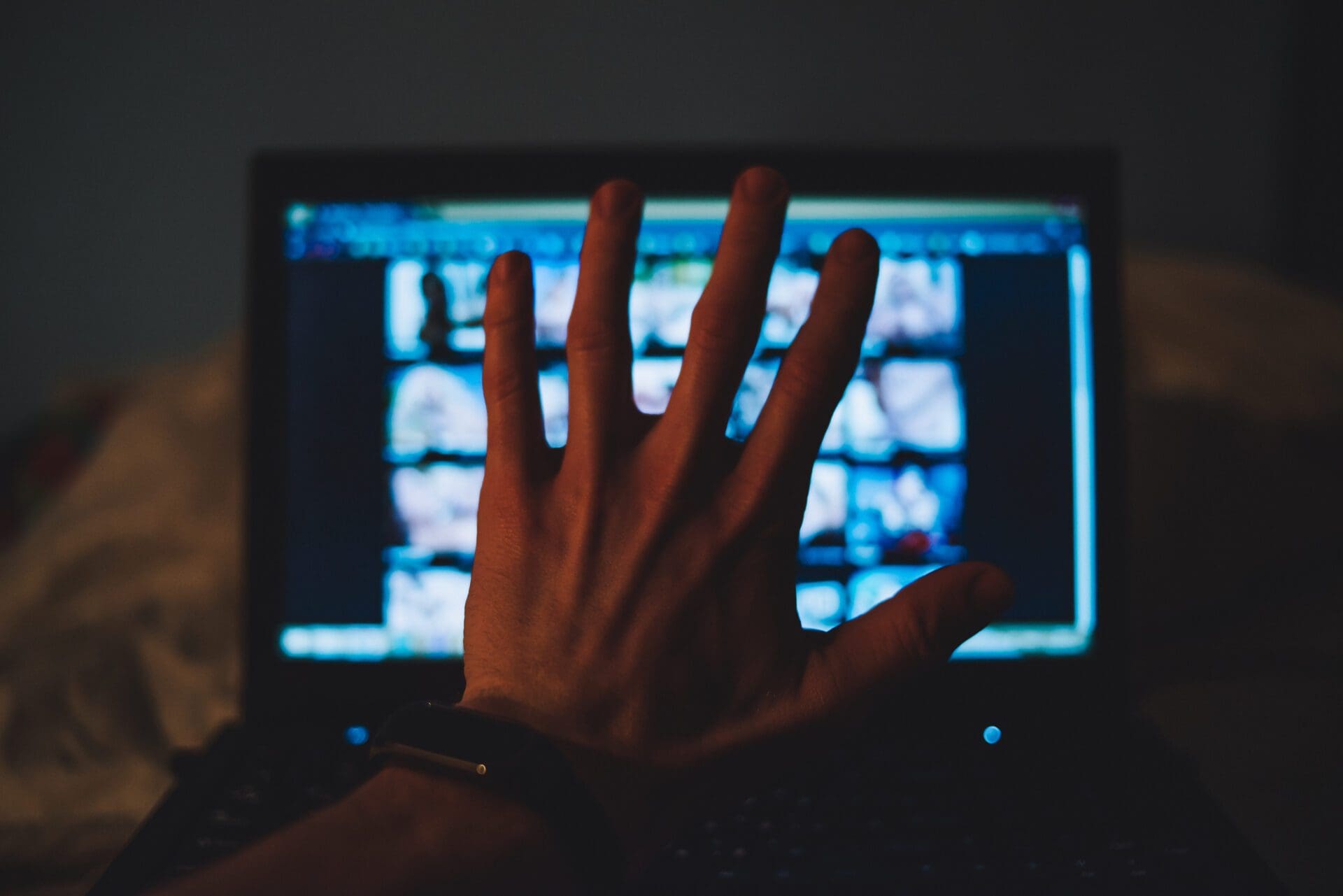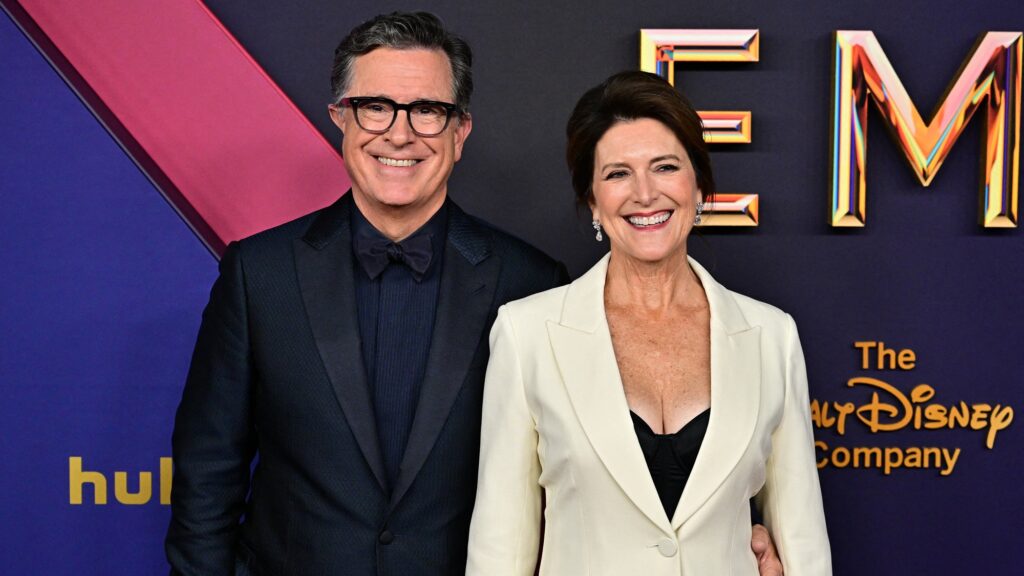Suggesting that online pornography can be harmful to the user’s physical and mental health as well as sometimes detrimental to their social relations is not a radical idea nowadays, but it wasn’t always the case. Porn was never widely considered beneficial, but ten years ago it seemed to have become a socially accepted, ‘normal’ form of entertainment that most men and many women engage in frequently and without being judged by their peers. The social stigma associated with porn watching was all but gone among the younger generations by the early 2010s and it would easily come up as the topic of discussion at friendly gatherings. But the pendulum appears to have swung back at last.
The past decade saw an explosion of anti-porn and anti-masturbation movements online, merged under the umbrella term ‘NoFap’. NoFap is being popularized on forums such as Reddit (where its dedicated subreddit, r/NoFap has over a million subscribers now) and through a yearly awareness-raising campaign, fashioned after ‘No Shave November’ meant for warning men about the dangers of prostate cancer. As opposed to ‘No Shave November’, ‘No Nut November’ requires a much harder task than just putting away the razor for a month. Participants of the NNN challenge pledge to abstain from porn and masturbation throughout November and to continue indefinitely if they can. During this time the forums turn into giant peer support groups—Alcoholics Anonymous times a thousand—where people share their struggle with porn addiction and find strength in the testimonies of others. NoFap has also found its way into everyday discussions now and watching porn is beginning to be viewed as a sign of weakness again rather than normal behaviour.
What’s Wrong with Porn?
So, why are so many young people trying to turn away from online pornography and why is it so hard for them to quit? After all, the negative consequences of porn use are not commonplace as in the case of tobacco, for instance. Porn addiction is not a recognised psychological disorder anywhere and no health experts nor politicians are launching nationwide anti-porn campaigns. Yet, a quick glance at any of the NoFap forums reveals that potentially millions of people have self-diagnosed themselves as addicts. Lacking any kind of professional infrastructure, their only chance of healing is the internet.
Porn addiction can manifest itself in surprisingly numerous ways. According to both scientific literature and thousands of testimonies, one should watch out for both physical and mental health effects. The former category includes erectile dysfunction, decreased sensitivity and general fatigue, while the psychological symptoms vary from low self-esteem, lack of motivation, decreased or non-existent libido, brain fog or even mood disorders, anxiety or lasting depression.
The few lucky ones who recognise that these symptoms might have something to do with their use of porn immediately want to quit, but quickly learn that it’s harder than they thought. According to the psychiatrist who testified before a US Senate committee, online pornography, in effect, is more addictive than heroin. It is essentially what science calls a ‘supernormal stimulus’, something that evolution did not prepare the human brain for. It provides too abundant, too novel and too stimulating sexual experiences that are simply unattainable in real life and that quickly override the brain’s healthy neural circuits. Supernormal stimuli have libraries of literature on them if anyone’s interested so I won’t go into it any further; suffice it to say that once someone is hooked on online porn, their brain makes them believe it’s near impossible to quit. Luckily that’s not the case, although quitting does require considerable effort, and comes with serious withdrawal symptoms.
A Generation Left Alone
The reason there isn’t widespread social awareness about the detrimental effects of online porn is that it simply didn’t affect older generations in such big numbers. Porn magazines existed before the internet but weren’t as readily available and aren’t nearly as addictive as online porn. As a consequence, today’s lawmakers have no idea how common porn addiction is among the generations that grew up with the internet.
Statistics show that up to 65 per cent of young men and 18 per cent of young women watch porn at least weekly in the US. These figures, of course, are self-reported and therefore the actual numbers are estimated to be much higher. So is the case with porn addiction: only 10 per cent of the US adult population reports being addicted to porn, but this number is even trickier. The majority of today’s young adult males did not go without porn for more than a week since their preteen years and therefore have no ways to recognise the symptoms until they try to quit. One study in 2016 found that 93 per cent of boys are exposed to online porn before they turn 18 and the average age of first exposure to it is 11. The nature of supernormal stimuli is such that anyone who uses it repeatedly—regardless of how frequently—can be considered an addict even without them knowing.
Just like in the case of many novel technologies, research on the actual effects of online pornography was only getting traction when its use was already mainstream. Large-scale public health responses are still a thing of the future. But at least we have the NoFap communities which are steadily expanding. The reason they are so popular is that their approach is centred around a positive message. Sure, they do raise awareness about the negative effects of porn, but they mostly focus on the positive effects of quitting it. The method is simple. They tell their members through countless personal testimonies that if they don’t believe porn is affecting their health then they should just quit for thirty days and see for themselves.
Once people manage to put porn behind them, it becomes painfully apparent for most what effect their addiction had on them. Struck by how different they feel about themselves and how differently they perceive every aspect of their life, those coming out of the thirty days of abstinence will never want to go back. Most report increased motivation, confidence and overall happiness, while many also include increased physical fitness and better-looking skin and hair. Abstinence from porn and masturbation does not give you superpowers, but one thing is common in all the testimonies of those who tried it: it significantly lowers anxiety and depression. Their only regret? Not quitting sooner.
The War on Abstinence
So, if hundreds of thousands testify to the health benefits of NoFap every year, why does an increasing amount of (leftist) media outlets seem to be attacking it every November? Some say that the claimed benefits are placebo at best and lack scientific basis; others rely on the age-old ‘not ejaculating gives you prostate cancer’ argument, although the science is not settled on any of that. Some publications try to discredit NoFap as an inherently antisemitic and racist movement (for whatever reason) or even misogynistic at its core. Imagine that: people who refuse to watch women exploited and abused misogynistic at heart. Right.
What all of this criticism fails to understand (perhaps deliberately) is that NoFap is not primarily against masturbation, but porn. It’s actually the ‘porn-masturbation-orgasm’ (PMO) cycle that the brain is addicted to; getting rid of porn will naturally take care of the rest. And this should tell you everything about who is behind the manufactured outrage over people trying to lead healthier lives: the porn industry, of course. Afraid of losing profit, the industry’s biggest giants have devised their own counter-offensive: discount deals and free subscriptions to their premium content. This does not come as a surprise though; the industry which exploits vulnerable women and preys on naïve teenagers fights every effort trying to promote decency by spreading more poison. All while inundating the social media with messages about the benefits of porn. Convenient, isn’t it? Just what every addict likes to hear.
Time for Governments to Intervene?
It’s impossible to effectively ban any kind of online content, but that does not mean we shouldn’t try. It should be the responsibility of policy-makers—especially those in conservative governments—to at least try to protect children from premature exposure to online pornography and a general ban or partial restriction for the adult population should be also considered. Porn can be justly compared to any dangerous and illegal drug, so it is time it is officially regarded as such. People will find a way to access porn even if it is banned, of course, but much fewer will, and, most importantly, fewer children. It’s the principle that matters, not the enforcement.
Any such porn regulation should be accompanied by nationwide surveys about the use and effects of pornography as well as serious public health campaigns. The legislation that follows could be based on the well-informed decision of the public through polls and referenda. It is a lie that we cannot do anything about porn. We can and so we must, for the sake of our children and the whole of society.
But until that day comes (and even after), recognising the harmful effects of porn remains our personal responsibility. NoFap can help anyone take the first step towards a healthier life, so why not give it a try? November just started: there’s no better time to quit and finally be free.








